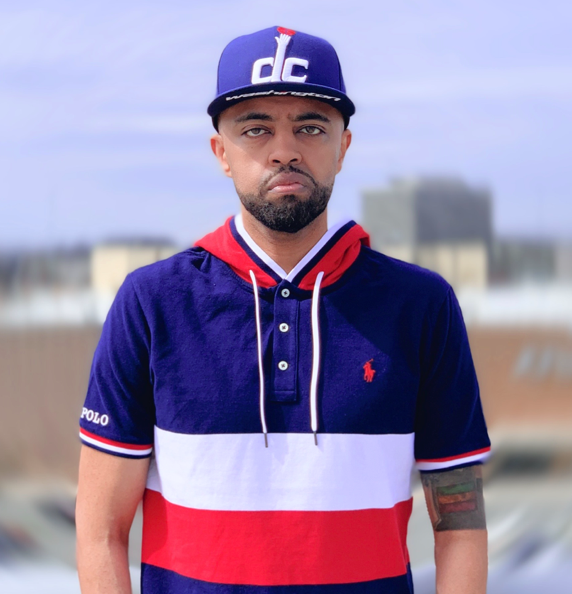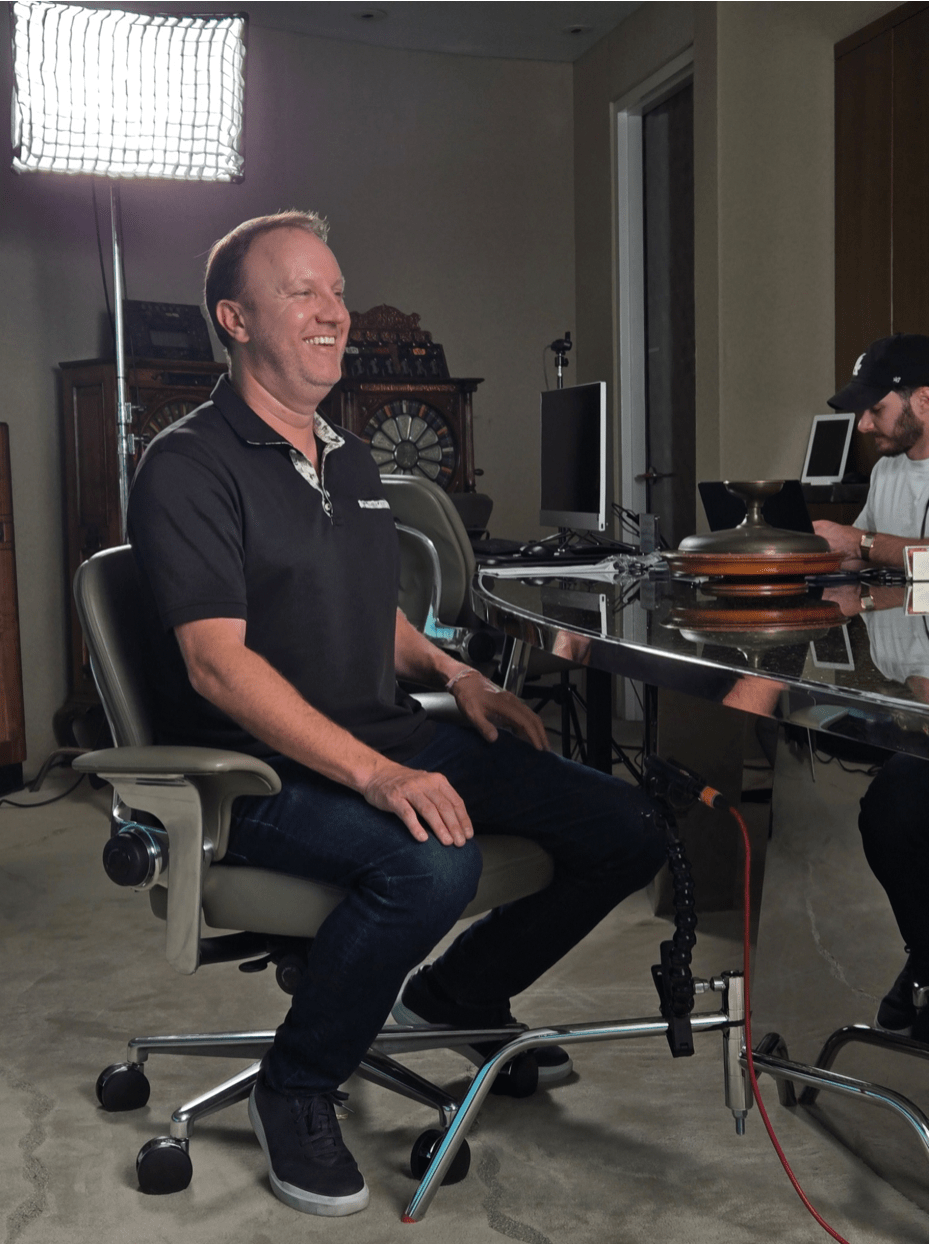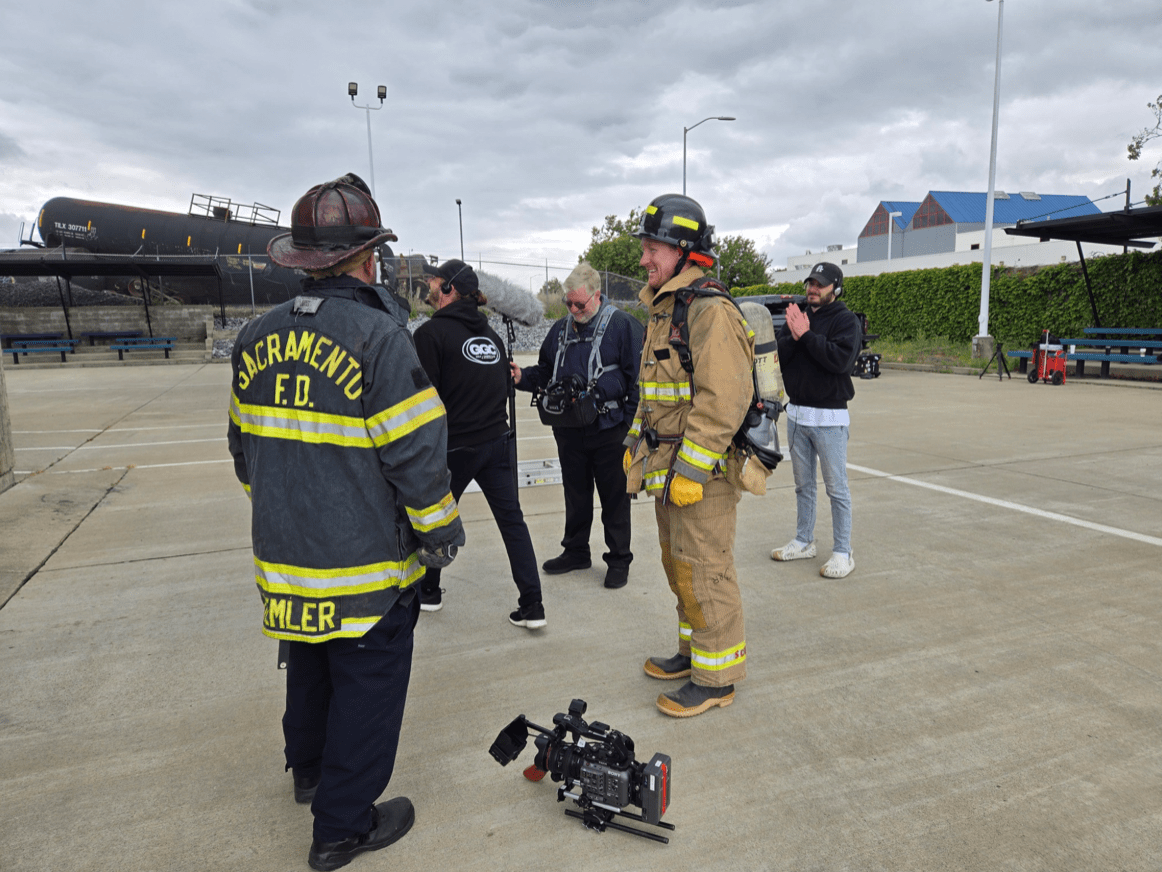Entertainment
Abel Meri’s Lyrical Conscious Rap is Saying Something Worth Hearing

Art has long held a place in capturing civil unrest and the public mindset. It is often said that in order for real change to take effect, the movements must be present within artistic communities and cultural mediums. With the civil unrest and protests that have gripped the nation following George Floyd’s death, this has been profoundly true.
The Black Lives Matter movement has gained momentum like never before, and that momentum has been fueled by responses from artists. This has included murals of George Floyd, and Breanna Taylor. Their portraits, along with other victims, have been shared thousands of times on social media. Their images and visual art inspired by the movement has heightened social awareness and social empathy to the movement.
But it isn’t just within the visual arts community where a cultural response can be found. Musicians are responding and reacting to the civil unrest throughout their craft, too. Cue Abel Meri who considers himself to be a conscious rapper. Born in Ethiopia, and shaped by the DMV (the DC, Maryland, and Virginia) area, Abel Meri is a rapper who gains inspiration from politics, social inequities, and the voices and concerns of marginalized groups.
Abel believes that artists have a unique platform and opportunity to responsibly contribute to civil unrest and social movements. He says that his objective as an artist is to provoke thought, edify, entertain and hopefully inspire my audience.” This mindset is seen within his latest EP #BLM.” The song “Black Lives Matter” drew direct inspiration from George Floyd’s death and the Black Lives Matter movement. It provides his unique perspective to the events, presented in a fresh way. He crafts his songs that are clearly introspective, and are his personal reflections to the current social climate and events.
The power of “#BLM” lies within Abel’s artistic vision of focusing on the lyrics. This vision isn’t within the style of contemporary rap, or Trap era rap, however. Trap era rap emphasizes the rhythm of the music, and focuses on auto-tune before and above anything else. For Trap era rap, melodies are king. But there are a group of rap artists that do not follow this trend. The artists Kendrick Lamar and J. Cole focus their art on the lyrics, which oftentimes acts as a voice for marginalized groups.
Abel Meri is within the same ilk. He carefully crafts his lyrics, which are commonly responses to ongoing social events. Perhaps being raised in the DMV area has had something to do with Abel’s inclination to put out music that is concerned with forgotten demographics. Abel’s “#BLM” isn’t his only work that is inspired by his social environment. Just this year, Abel has released the EPs “TNSZ – The No Skip Zone,” “Smooth” and several singles including “Salute,” and the aptly named “COVID.” As with any responsible and conscious artist, Abel understands his unique platform and ability to not only inform, but to inspire and spark activism. This is especially true within the rap and hip-hop genres. They are the most powerful and popular genres of music, especially amongst younger listeners. As a conscious rapper, Abel obviously acknowledges this through his powerful lyrics.
Entertainment
Going Public: The Groundbreaking Series Transforming How Americans Invest

In a media landscape saturated with reality TV and startup showcases, Going Public stands apart, not just as a show but as a movement. Now in its third season, the interactive series invites viewers to do more than just watch entrepreneurs chase success. It gives them the tools and the opportunity to invest in startups in real time, democratizing access to early-stage funding and reshaping how ordinary Americans engage with entrepreneurship and wealth-building.
Launched by Todd M. Goldberg, a former MedTech executive who hit a frustrating wall while preparing his company for a Nasdaq IPO, Going Public was born from a moment of personal disillusionment.
“When I brought a list of interested friends and colleagues to the Chairman of the Board,” Goldberg recalls, “he explained that all the IPO shares were reserved for institutional investors. That was my epiphany. I just knew that was wrong. Regular people should have a chance to invest in IPOs, but it needed to go even further.”
That insight became the foundation for Going Public, a hybrid of entrepreneurial storytelling and financial access that offers retail investors a seat at the table usually reserved for venture capitalists and insiders. The show brings audiences inside the capital-raising journey of startups, often before they go public, and leverages a powerful innovation: its “Click-to-Invest” feature.
“The bottom line with Click-to-Invest is that it’s seamless,” says Goldberg. “Viewers can go from watching the show to literally clicking a button. It feels more like a Shopify or Amazon checkout than a traditional investment process.”
This accessibility is central to the show’s mission: to educate, inspire, and empower everyday people to participate in early-stage investing. Unlike financial news channels that target seasoned traders, Going Public merges entertainment with financial literacy, using real startup stories to highlight the risks, rewards, and realities of entrepreneurship. It’s financial content with emotional stakes, real people, and tangible outcomes.
Season 3 reflects how far the show has come and where it’s going. With more celebrity involvement, including gaming icon Ninja backing the cashew milk startup Nutcase, and a strategic partnership with the social media platform X (formerly Twitter), Going Public has widened its reach while deepening its cultural relevance.

“How do you make this mainstream?” Goldberg says. “The concept was The Apprentice meets Shark Tank meets IPO, but with a twist. Viewers aren’t just spectators, they’re stakeholders.”
The show’s selection of featured companies is another defining element. Startups are chosen not just for their growth potential but also for their mission, relatability, and cultural resonance. In Season 3, that includes everything from disruptive wellness brands to tech-enabled platforms, each paired with guidance from top-tier venture capitalists and Silicon Valley mentors.
This season also introduces a livestream finale, a format innovation designed to create a real-time, high-stakes environment where viewers can watch, decide, and invest together. It adds urgency and community to the investing experience, aligning with the show’s values of transparency and participation.
One of the most surprising and meaningful outcomes has been the personal stories from viewers who never imagined themselves as investors. “We’ve heard from teachers, nurses, and even students who said this was their first time investing and they felt confident doing it because the show made it accessible,” Goldberg shares. “It’s not just about money, it’s about empowerment.”
Looking ahead, Goldberg and his team have ambitious plans. They aim to expand the format to new platforms, explore international adaptations, and build out educational tools so viewers not only invest but understand what they’re investing in. The goal isn’t just more participation. It’s smarter participation.
In a world where capital often feels distant, technical, and exclusionary, Going Public brings the financial journey down to earth and into the hands of the people. It’s not just a show. It’s a redefinition of how business stories are told and how wealth can be created and shared.
-

 Tech4 years ago
Tech4 years agoEffuel Reviews (2021) – Effuel ECO OBD2 Saves Fuel, and Reduce Gas Cost? Effuel Customer Reviews
-

 Tech6 years ago
Tech6 years agoBosch Power Tools India Launches ‘Cordless Matlab Bosch’ Campaign to Demonstrate the Power of Cordless
-

 Lifestyle6 years ago
Lifestyle6 years agoCatholic Cases App brings Church’s Moral Teachings to Androids and iPhones
-

 Lifestyle4 years ago
Lifestyle4 years agoEast Side Hype x Billionaire Boys Club. Hottest New Streetwear Releases in Utah.
-

 Tech7 years ago
Tech7 years agoCloud Buyers & Investors to Profit in the Future
-

 Lifestyle5 years ago
Lifestyle5 years agoThe Midas of Cosmetic Dermatology: Dr. Simon Ourian
-

 Health6 years ago
Health6 years agoCBDistillery Review: Is it a scam?
-

 Entertainment6 years ago
Entertainment6 years agoAvengers Endgame now Available on 123Movies for Download & Streaming for Free
